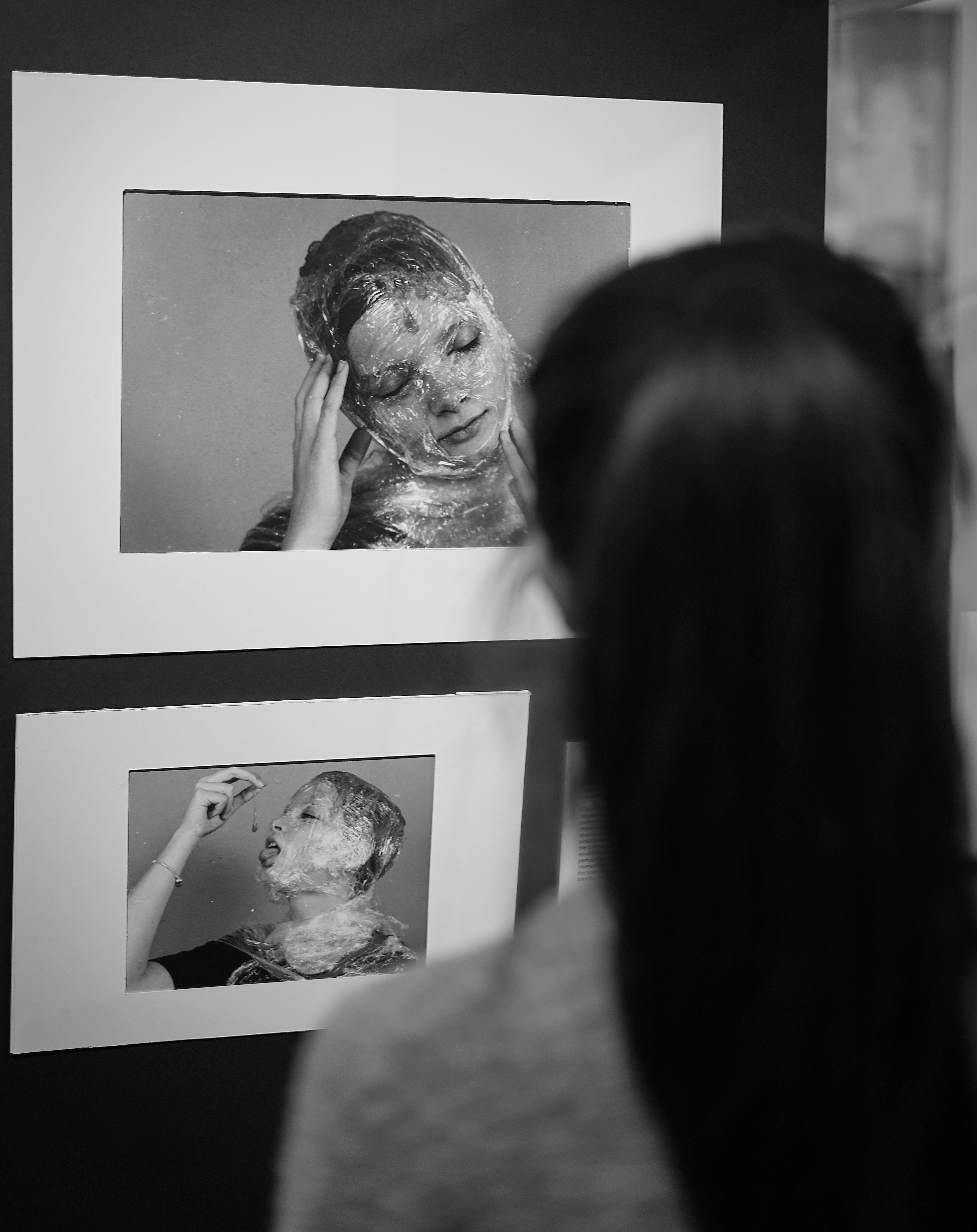read —
notes on learning
What if teaching design (full-time) was done with a yogi’s attitude?
by Miki Ambrózy
Deep Work - A Utopia for Educators?
September 2018
Photo © Vitalis Nakrosis
Some of the most successful teaching decisions this week were related to lesson planning. I have been a keen reader of Cal Newport's essay "Deep Work" in which he ponders the possibility of doing high quality thinking, concentration and eventually become really good at one's work.
There are multiple connections with Richard Sennet's The Craftsman, which I read around the time my second son was born during the Christmas of 2016. Holding the book now, a sense of the muffed quiet of the hospital room in Anderlecht, Brussels stirs to the surface. Neurologically high and spiritually calm and content in the presence of a newborn sleeping…
Such is the power of the poetry of memory over analytical thought.
Both Sennet and Newport explore the historical and practical relevance the tradition of craftsmanship to our present day life. Sennet argues that making with one's own hands, driven only by the satisfaction to become better at making, is a path into a sense of satisfaction that may be hard to come by in the era of what others have called "bullshit jobs" (© David Graeber).
In a post this week, Newport is suggesting to make a distinction between habits and workflows - one of his trademark though-provoking snippets about how to get closer to the "good life". It wasn't the article that struck me, though. It was the comment by a fellow teacher below the article, which I shall quote here:
So is quality thinking time a utopia for the profession of teaching? If you work in K12 education, you will surely have experienced one of the two most common phenomena in the staff room: One, complaining about meeting time as wasted time. Two, the sense that there is not enough time for preparing the quality I could. If only I had been given less contact time, fewer scheduled meetings...
Par L.'s comment above proposes a solution that is, in his own observation, a crappy work/life balance. What I find disturbing about it, however, is the sense that the things that get pushed to the end of the day are grading and prep work. In the utopistic vision of my own teaching practice, grading and prep work would have to be the central piece of the learning process: given what we know about the types of feedback and its effect on learning from John Hattie's work. This piece would deserve a moment in the flow of the day when one is sharp, concentrated, connected. In other words, the mental state that enables deep work.
These past two weeks I have resorted to a few of the below solutions to create the time/space for living my utopia:
- do a focused 30-minute planning session in a nearby cafe where there's a different type of noise (change of environment)
- leave early from school and continue planning at home during the 15:00-17:00 chunk
- wear headphones when sitting in the zone at risk of interruptions (student/staff lounge)
- do 15-45' minutes of quality thinking / planning during the car journey to our countryside house
Yes, the price of being a deep work kind of guy may be the perception that one is an anti-social nerd. So be it.
I am primarily accountable to the learning of my students.
Needless to say, my utopia has a major element which is not entirely in my control. The ability to make intuitive decisions in my lesson planning is largely a factor of my physical and mental state, which is in turn affected by the amount of running, swimming, yoga, walking etc. I manage to do in any given week.
What I am talking about are intuitive moves that increase the one-to-one effectiveness and connection to students' previous knowledge, and thus make quality learning and thinking happen. These are not things that come out of planning on Managebac (a virtual learning environment) or in my system of notebooks and planners. These moves come as ideas while I am doing something else, for instance, while biking home from school. This phenomena is well documented in neuroscience: connections are made when the brain's synapses are not activated or focused on the problem.
I am grateful to my colleague Par L.'s comment above - it shows me that I am not alone with my utopia. It is also clear to me that the balance we both aim for is something we achieve and lose, in a permanent cycle of shifting weights.
Quiet places for reflection and quality concentration, as well as free and open spaces for unstructured play are both key to good living and learning.
School architecture and culture must reflect both of these.